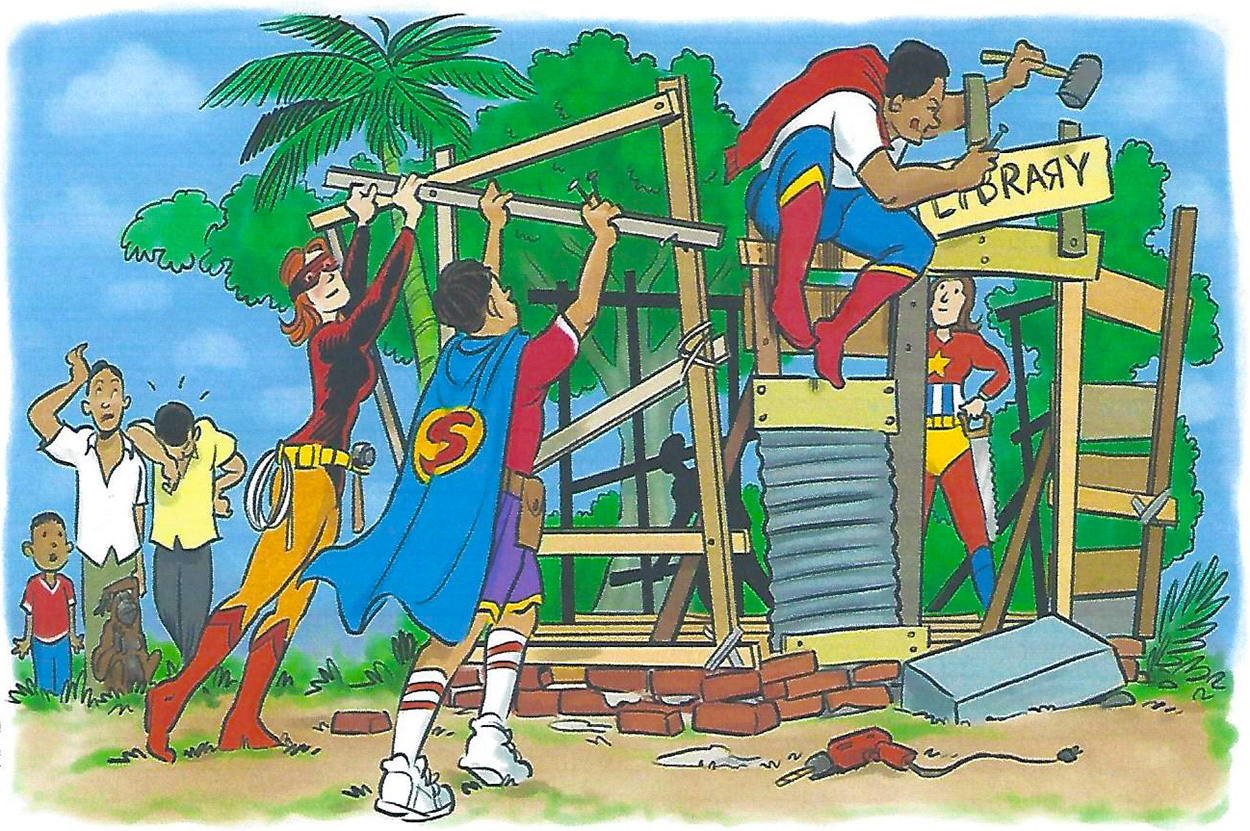
Short-term mission trips by harmful, arrogant and poorly trained groups do not engender healthy cross-cultural relationships and do not improve local quality of life. Instead, they foster dishonest relationships and “white saviorism.” (Art by Tim Foley)
I think it is time that mission offices, parishes and schools across the United States stop funding and sending harmful, arrogant and poorly trained short-term mission groups.
I don’t believe mission trip leaders are bad intentioned, and I know many of them sincerely want to help, but we need to eliminate this colonialist style of expedition based on a pre-Vatican II “heroic” model of mission.
This “white savior” approach originated with Europeans and North Americans who believed they had a sacrificial duty to “bring civilization and God” to those they looked upon as “pagans” who supposedly needed Western culture and religion to be fulfilled human beings.
This heroic mentality hangs on today as many Christians in the West are either unaware of, or wish to ignore, the racism and white privilege that unconsciously determines how we approach other cultures with our hopes and goals for “those poor people down there.” Frequently we don’t even realize our “we know better” attitudes.
According to Robert Priest, who has studied short-term mission, every year about 2 million North American Christians are involved in these trips at a price tag of perhaps a few billion dollars annually. That’s a lot of money and resources, and we need to ask if these trips are really the most responsible way to spend precious mission donations.
Mike Haasl, a friend and fellow former Maryknoll lay missioner, notes that in order not to offend the incoming volunteers, people in some cultures want to be kind and will say yes to the outsiders’ projects and plans.
Haasl recounts that one of his parish members visited a Nicaraguan village and decided to purchase cows for the community. Later they learned that only one person there knew how to raise cows, and he lived outside of town. The cows all went to him, and the community project died.
Similarly, a group of American high school students who had traveled to an orphanage in Tanzania to help build a library was so inept at laying bricks that each night the men in the village had to take down the structurally unsound bricks and re-lay them so that in the morning the students would be unaware of their own failure.
And a recent study found that it cost $30,000 for U.S. mission trip volunteers to build a house in Honduras after Hurricane Mitch, while local Christian organizations built nearly the same house for only $2,000.
In his book Toxic Charity: How Churches and Charities Hurt Those They Help (HarperOne), Robert B. Lupton cites many other examples of the “make-work” nature of short-term mission trips. Among them are a church in Mexico that was painted six times during one summer by six different mission groups and a wall built on an orphanage field in Brazil that had to be torn down after the visitors left.
Lupton concludes that many service projects do not empower those served, do not engender healthy cross-cultural relationships, do not improve local quality of life, do not relieve poverty, do not change lives of the participants, and do not increase support for long-term mission. What they do instead is weaken those they claim to serve, foster dishonest relationships, erode recipients’ work ethic, and deepen dependency.
Today we are called to turn toward a “humble” model of mission based on principles of reciprocity and mutual respect of each other’s God-given gifts, beliefs and talents. Those who go on mission trips should do so as pilgrims, willing to learn from and stand with our hosts as equal partners.
This spirituality of humility contains an attitude of willingness to be evangelized by members of other cultures that may take us to a newer and deeper understanding of our faith and what it entails.
When it comes to mission trips, participants should work ahead of time to improve their skills of listening and accompaniment, formulating intelligent questions and creating prayerful dialogue.
Developing the Catholic social principle of solidarity is another key component for mission trips. Archbishop Óscar Romero of San Salvador challenged North Americans to transform their mission trips into efforts of solidarity: to meet with and pay deeper attention to the plight of women and labor/peasant organizations, to struggling local parish/school members, to religious orders committed to the poor, and to local civic leaders. Romero didn’t ask for building projects as much as he wanted outsiders to listen to and build long-lasting parish relationships.
And so this principle of long-term solidarity also implies better preparation before our trips. Consider inviting leaders of your diocesan mission or an immigrant from the country you will be visiting to educate your group beforehand about the key local issues and culture. Develop respectful questions for your hosts about the influences our government and companies have on their community and nation.
My advice is simply this: Let us invite the Spirit of God to transform our hearts, minds, and souls to be open to the faith, gifts, talents, joy, and yes, challenges of people of other cultures. Maybe we’ll become even more effective instruments of God’s love locally and globally as we then work together in the body of Christ.
This post is excerpted from an article that originally appeared in the April 2015 issue of U.S. Catholic.

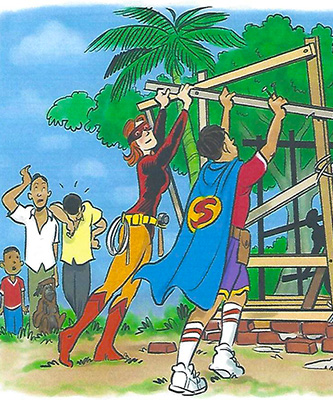

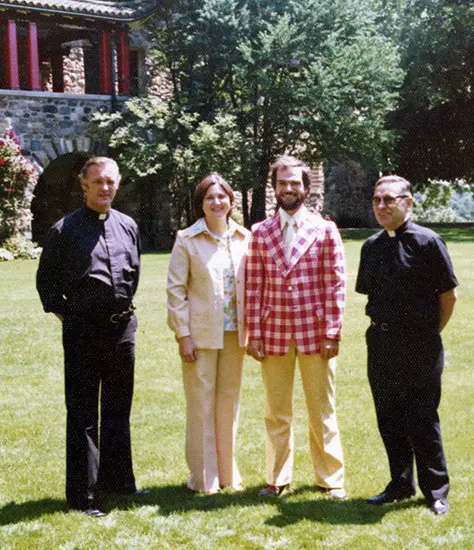
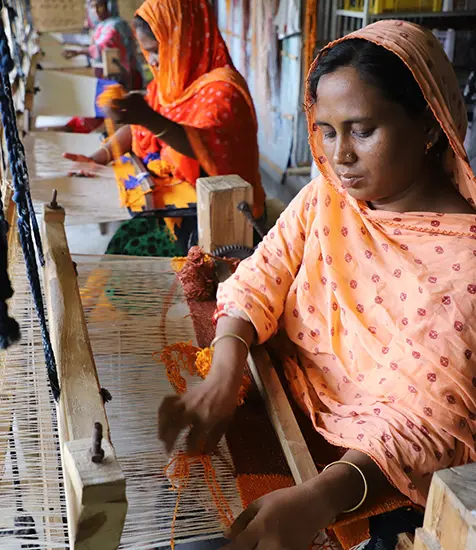
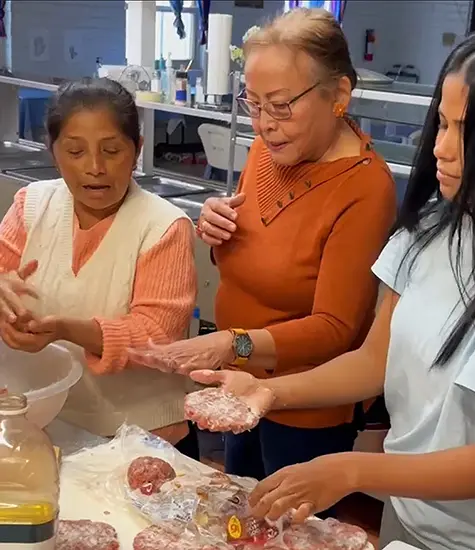




So true. Thank you for sharing